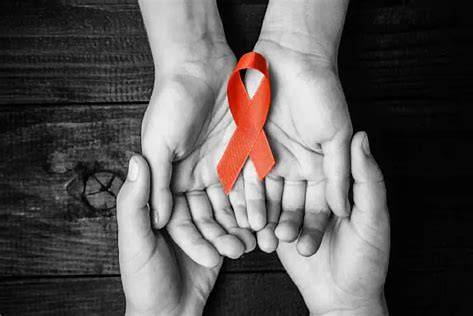What is AIDS?
What is AIDS?
AIDS is the Acquired Immune Deficiency Syndrome. It is the last stage in the development of HIV infection. The syndrome is a collection of symptoms and infections associated with an acquired deficiency of the immune system. Acquired means that the disease is not congenital, but has developed throughout life.
It can take 10–15 years from contracting HIV to developing AIDS, sometimes more, sometimes less. Antiretroviral therapy helps to prevent the progression to AIDS.
AIDS is manifested by the development of certain infections. The first stage of HIV has no symptoms and is not considered as AIDS. The second is accompanied by minor mucocutaneous manifestations and recurrent respiratory infections; the third by chronic diarrhoea of undetermined aetiology for more than one month, severe bacterial infections and pulmonary tuberculosis; the fourth by toxoplasmosis of the brain, candidiasis of the oesophagus, trachea, bronchi or lungs and Kaposi's sarcoma. Stages 2–4 of HIV disease constitute AIDS and are determined by the presence of the relevant diseases. Most of these diseases are infections that are easily treated in healthy people.



